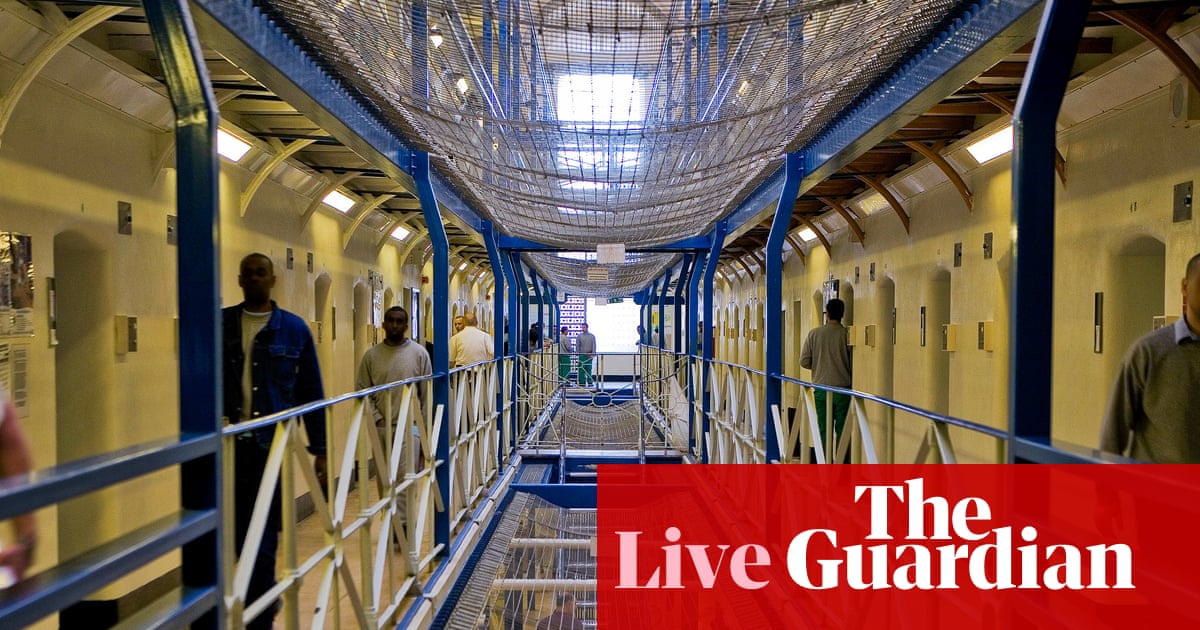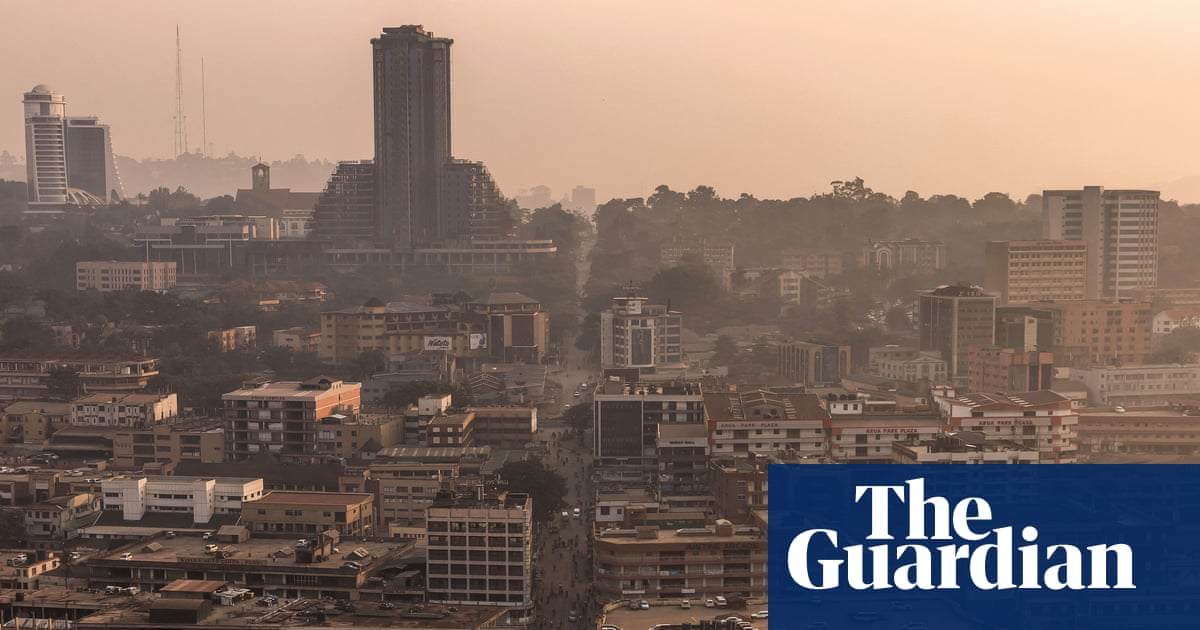A planetary scientist whose research revealed the possibility of extraterrestrial life on one of Saturn’s moons has been made the first female astronomer royal.
Prof Michele Dougherty, a leading space physicist who was a researcher for the Nasa Cassini mission, has been awarded the 350-year-old honorary title.
As an investigator on two major space missions, Dougherty has played a role in major discoveries in the solar system, including the revelation that jets of water vapour shoot out of one of Saturn’s moons, Enceladus, meaning it may be able to support life.
Dougherty said she was “absolutely delighted” with her appointment. She added: “As a young child I never thought I’d end up working on planetary spacecraft missions and science, so I can’t quite believe I’m actually taking on this position. In this role I look forward to engaging the general public in how exciting astronomy is, and how important it and its outcomes are to our everyday life.”
The role of astronomer royal was created in 1675, with the aim of discovering how to determine longitude at sea when out of sight of land. The outgoing astronomer royal, Martin Rees, is retiring from the role.
Dougherty told BBC Radio 4’s Today programme on Wednesday: “I’ve always wanted to make sure that if I’m ever selected for a role, it’s because of what I do, and not because I’m female. Particularly for young girls, seeing someone who looks like them in a role like this will potentially allow them to dream that they might be able to do something like this in the future. So if it makes just a few people think: ‘Oh maybe I can do something that looks a bit scary,’ then I would have achieved one of the things I’d like to achieve.”
She will hold the role alongside her current positions as executive chair of the Science and Technology Facilities Council, president-elect of the Institute of Physics and as a professor of space physics at Imperial College London.
She said she feared for the future of science funding. “Things are unsettled right now across the world on a range of fronts. That’s why it’s so important that in the UK we are very open about why we do the research we do and why it is so important to the health and wellbeing of the UK economy.”
Her main role will be to “talk to people about the science we do and how it can impact people” She said she wanted to “enthuse and excite people”.
Dougherty, 62, was born in South Africa and has English and Irish heritage. When she was about 10 years old, her father built a telescope, and Dougherty and her sister helped mix the concrete for its base. “My first view of Jupiter and its four large moons and Saturn and its rings was through my dad’s telescope,” she told Today.
Her expertise lies in designing and operating instruments to measure the magnetic field in space on Nasa and European Space Agency (Esa) probes.
She noticed a “tiny anomaly” in the Cassini spacecraft’s measurement of the magnetic field as the probe flew by Enceladus in 2005, suggesting the moon might have an unexpected atmosphere. She convinced Nasa chiefs to send Cassini back for a closer look.
after newsletter promotion
She told the Times: “I didn’t sleep for the first couple of nights beforehand. Imagine if we hadn’t seen anything. No one would have believed anything I said ever again. But we saw that, instead of an atmosphere, it was a water vapour plume coming out of the south pole.”
Enceladus is now considered one of the most promising places to look for alien life. Dougherty has designed instruments to find out more, including a magnetometer that is two years into an eight-year journey onboard Esa’s Jupiter Icy Moons Explorer (Juice) mission. It will scan Ganymede, the solar system’s largest moon, which is bigger than Mercury and the only one with a spinning core, looking for a “global ocean” under the surface.
Dougherty began work on Cassini in 1992 and the probe operated until 2017. She started on Juice in 2008; it will reach Jupiter in 2031 and operate until 2035.
Prof Dame Angela McLean, the government’s chief scientific adviser, said: “Warm congratulations to Professor Michele Dougherty on her appointment to the distinguished position of astronomer royal. This is a fitting recognition of her outstanding work and enduring commitment to the field of astronomy.”

 3 months ago
112
3 months ago
112

















































